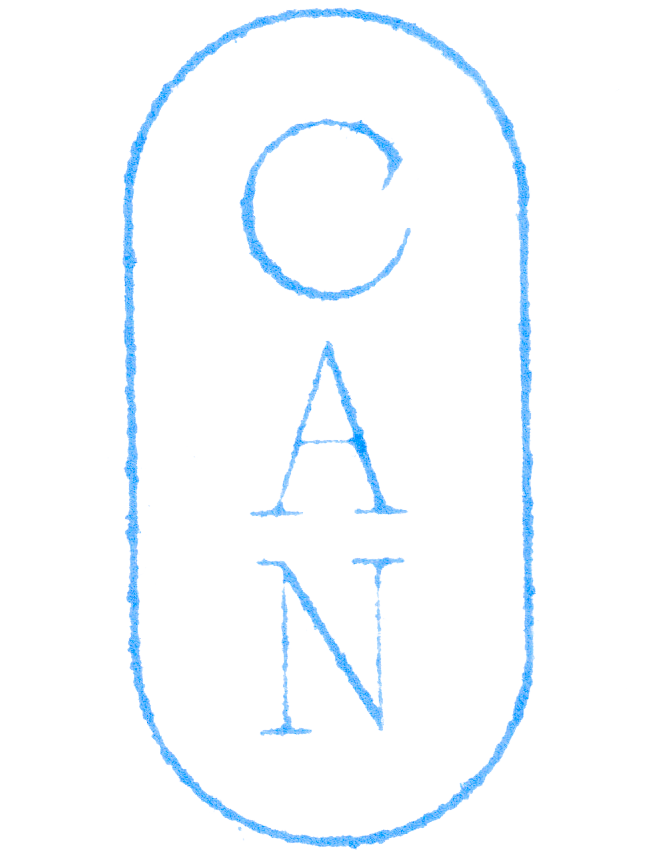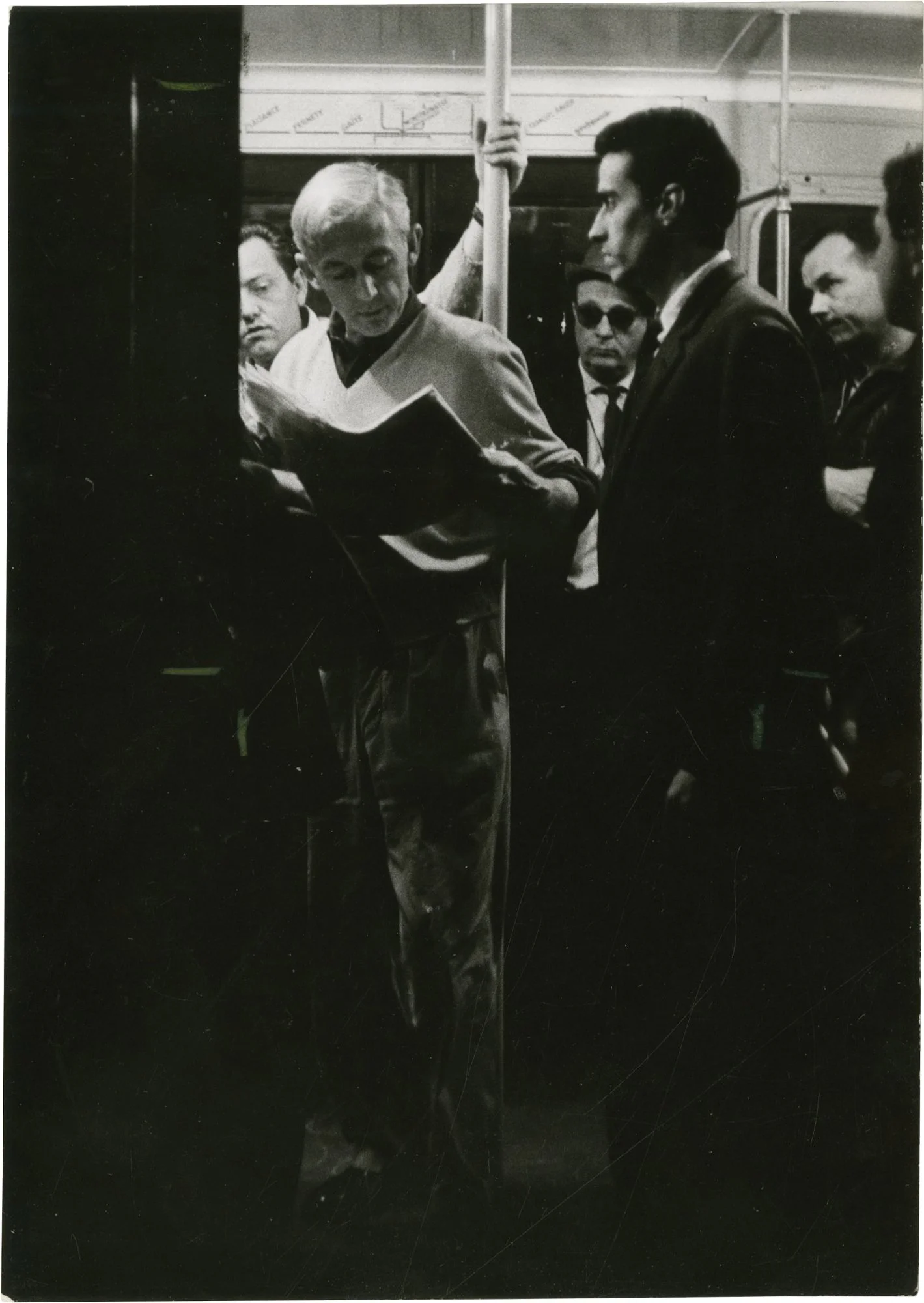18 November—Saturday
Photograph from the set of Pickpocket, 1959
I went to Close Up to see Pickpocket* by Bresson.
There was a guy behind me who didn’t stop snoring, who made everyone laugh for the first few minutes. He had a Cannes Film Festival hat.
After the film I saw that John Smith the filmmaker was there too.
I sent him two emails over the past 5 months, asking his thoughts about two shorts film I made. He never replied.
I thought of going and confronting him, but he seemed like he was enjoying his Saturday night and had company.
He is 71 years old by the way.
I went out, read a little bit about Bresson, but kept going back and forth between going back inside to talk to John Smith.
" Ah! I can ask him if he enjoyed the snoring”, I thought. Could be an ice-breaker. Not that funny though. Does it matter?
I finally made up my mind to go back in to talk to him, but he wasn’t there anymore. It was only a few people drinking beer, and the guy with the Cannes Film Festival hat was there too, who now seemed full of energy.
*NOTES ON PICKPOCKET
I find it difficult to talk about films that are so important for cinema history.
So much has been said and written about Pickpocket.
But the things I loved were:
The script. One of the most unique structures I’ve seen. I hadn’t felt I had seen anything this fresh since watching Kiarostami or Rohmer for the first time.
The idea of the character, who was somewhere in between Hitchcock and Camus.
The editing and the pace - I now realize the influence of this film on Haneke’s 7th Continent.
How simple but layered the cinematography was
The very subtle humor
The things that I wasn’t a big fan of:
Some of the acting, not the parts that were reserved and almost dead / or awkward, but the parts where Michel was actually more reactive. I almost wanted it to be a bit less expressive when it came to Michel’s frustration. I also like the experiment about the “modeling” idea of Bresson, but I think my whole excitement still comes from the lack of control we have over actors.
The excessive fade-in fade-out transitions. They bothered me a lot for some reason. I know it was maybe used to emphasize the simplicity of the narrative, playing with how the time moves, but except for one or two occasions, I was a bit bored of these. One can say that it’s because of the period it was shot in, but the film isn’t that old (1959), which is the same year as 400 Blows.
Things that I’m not sure of:
The voiceover. I really wonder how it would be if I weren’t given the voiceover that constantly explained Michel’s thought process. I don’t think Bresson decided to go with that for “exposition” but more for the clarity of how subjective the whole film is. I want to see it again to come to a conclusion about this.

